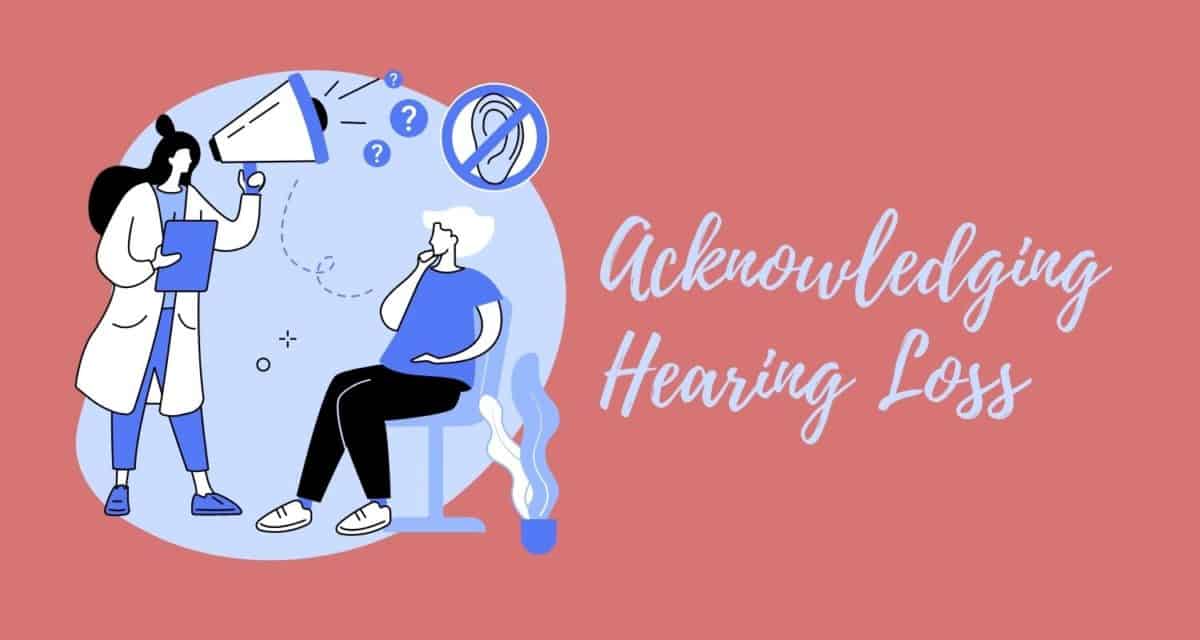- Volunteering for Hearing Health Causes - May 27, 2025
- Questions to Ask During Your Hearing Health Appointment - May 16, 2025
- Exploring Alternative Therapies for Hearing Loss - May 6, 2025
More than one in eight people over the age of 12 in the United States have demonstrated hearing loss in both ears. That’s a large percentage of the population! But culturally, we tend to avoid hearing exams and don’t prioritize hearing health. This is despite the fact that when surveyed, vast majorities of people recognize the importance of hearing health and the increased likelihood of isolation and depression that comes with undiagnosed hearing loss. It wouldn’t be surprising to hear that the last time you had your hearing checked was in your student days.
So while we recognize that hearing health is important, we don’t do much to monitor it’s condition, nor do we have a system of support for people who do find their hearing to be challenged later in life.
If there is one powerful thing you can do when you suspect you might have hearing loss, it’s to acknowledge and confront your new reality. The payoff far outweighs the initial uncertainties you face.
How many people have hearing loss
It’s strange that hearing loss doesn’t make more front page news or rate as a hot topic in chats with friends. The truth is that most of us will either confront hearing loss ourselves or in a loved one throughout the course of our lives.
It’s one of the major chronic health issues facing Americans today. One in three people over the age of 65 has hearing loss and by the time you reach 85, more than half your peers will be dealing with hearing loss.
In short, if you’ve noticed changes in the way your hearing functions, you are certainly not alone.
How hearing loss works
Age remains the greatest predictor of hearing loss, it’s a sense that naturally declines as part of the normal aging process. We are born with a certain number of fine inner ear cells, responsible for receiving noise from the world and transmitting it as sound information to the brain. These cells are integral to the translation of external noise into sound that has meaning, like language and environmental cues.
As we age, these cells become damaged. Excessive sound can also speed up or contribute to their decay. Those inner ear cells are non-regenerative, which means that the amount we’re born with is the amount we have throughout our lives. As they cease to function, we hear less of the world.
The subtle first signs and how to spot them
Because hearing loss happens so slowly and over time, the first signs can be very subtle. It will probably show up as trouble with speech clarity. You might find yourself avoiding telephone calls, particularly tricky as you have no visual cues to assist you in understanding. You might ask people to repeat themselves in conversation a lot more often. Or, you might find yourself relying more heavily on the closed captioning function during your favorite television shows.
Loss of hearing doesn’t happen all at once, we typically lose frequencies (usually the higher ones) first and so your friends and family may even notice changes in your behavior because of hearing loss before you do.
The benefits of confronting hearing loss
Realizing that you have hearing loss can feel like something has been taken from you. But, acknowledging your hearing loss can help you take the power back! Treating hearing loss has been shown to improve relationships, boost confidence in the workplace and even lower your risk of dementia and Alzheimer’s Disease.
The best place to start is with a hearing consultation. Our team of hearing health professionals can lead you through a quick and painless hearing exam and we can find out if you’re dealing with irreversible hearing loss. If that’s the case, we’ll work together to find solutions that can enhance your listening experience and set you on the road to healthier hearing for decades to come.

